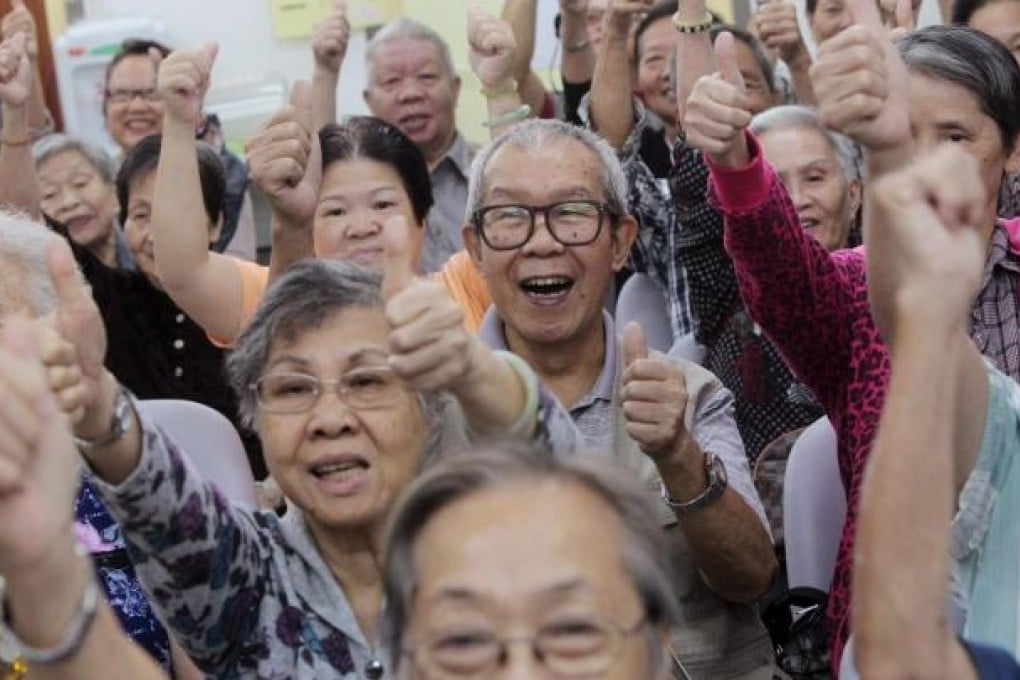
As Hong Kong crawls towards providing better support for the elderly poor, we still have nothing resembling a universal pension scheme. For most people who are neither rich nor poor, providing for old age remains a headache.
This headache is hardly relieved by the assumption that seniors (generally defined as those over the age of 65) have learned nothing from their long experience of life and are assumed to be novices when it comes to investment.
Much of the literature aimed at elderly investors reflects an offensive, patronising attitude. Moreover, the elderly are often targets for unscrupulous investment schemes designed to get a share of the largish payments received on retirement.
Not all these schemes are dubious, but even the better ones need careful examination, especially when they come from financial advisers who can't bear to see retirement funds being cashed out and not replaced by other plans offering them a cut.
All too often elderly investors pour years of savings into new schemes on retirement when what they really need is not yet more delayed realisation of their financial assets but immediate income from investments plus a bit of capital gain so that their savings don't fade away.
The situation is complicated by the fact that many elderly people are relatively asset-rich but cash-poor. In Hong Kong this generally means assets consisting of property, which usually offers the utility of a home that is rising in value, but these properties yield nothing.
In places like Britain there are schemes allowing the elderly to pre-sell their homes prior to moving out, but these do not exist here. In some families the children "pay" their parents something in return for the promise of the property after they have gone. This is not ideal because doing business with close family members can be uncomfortable.
